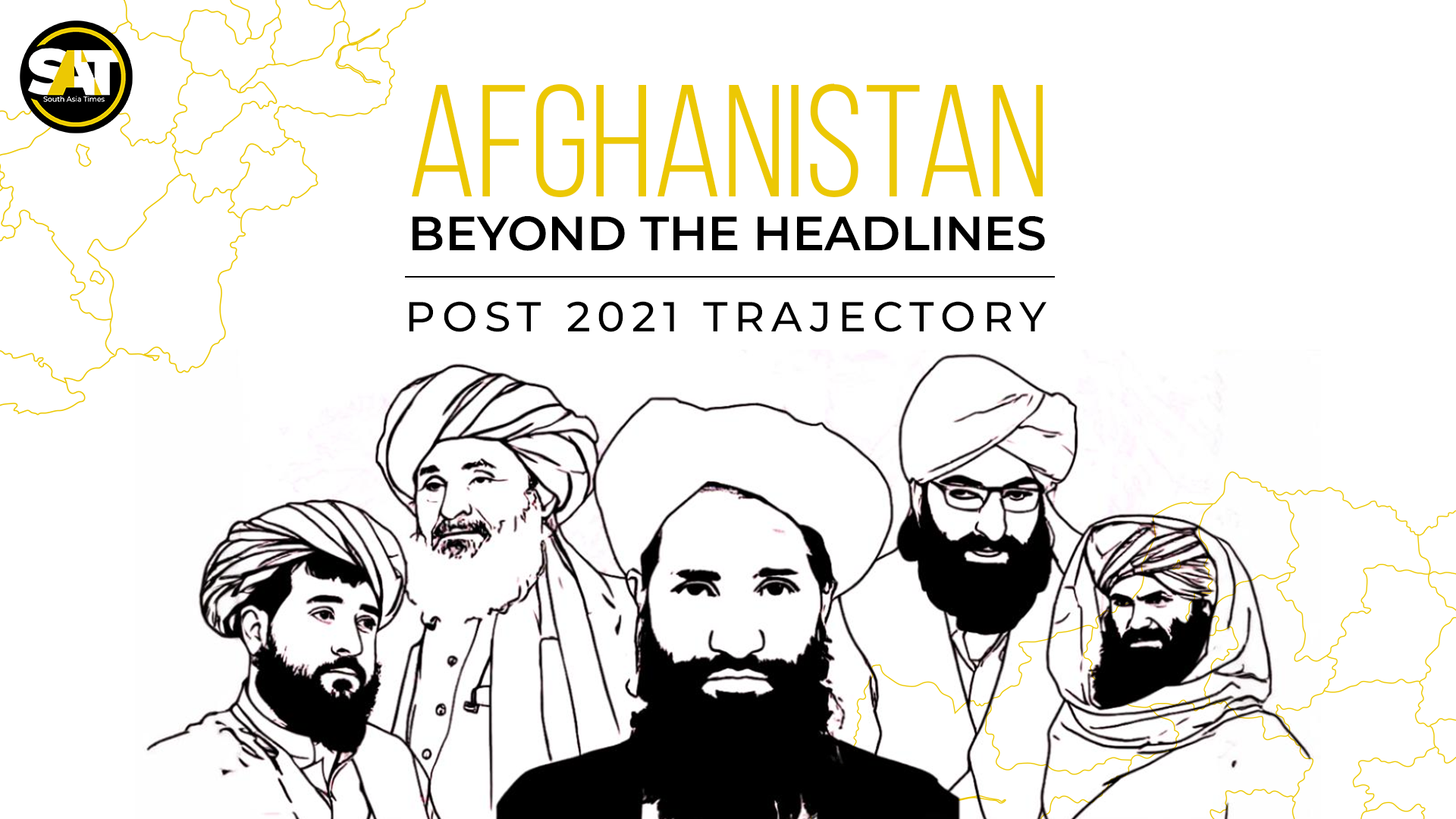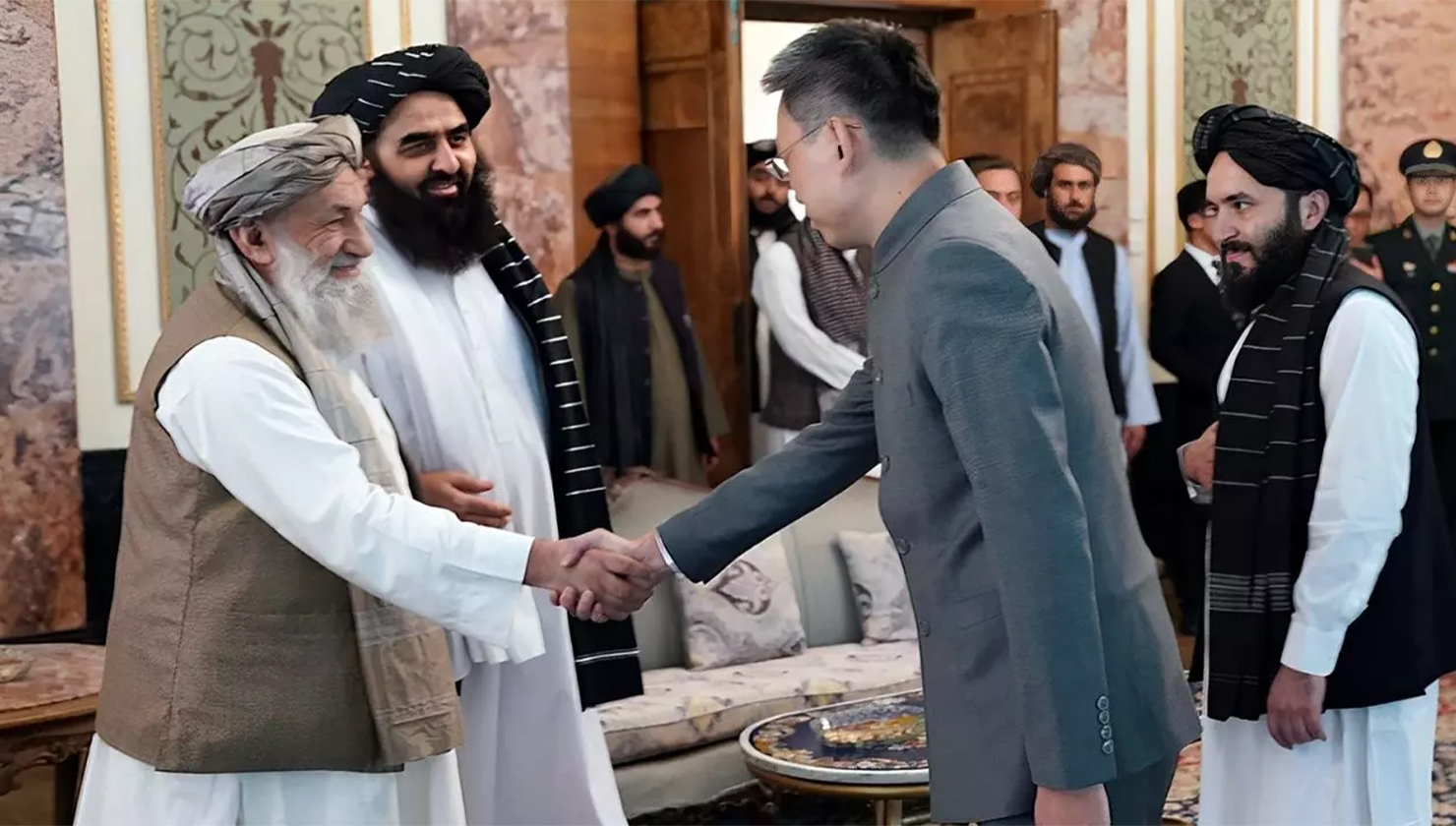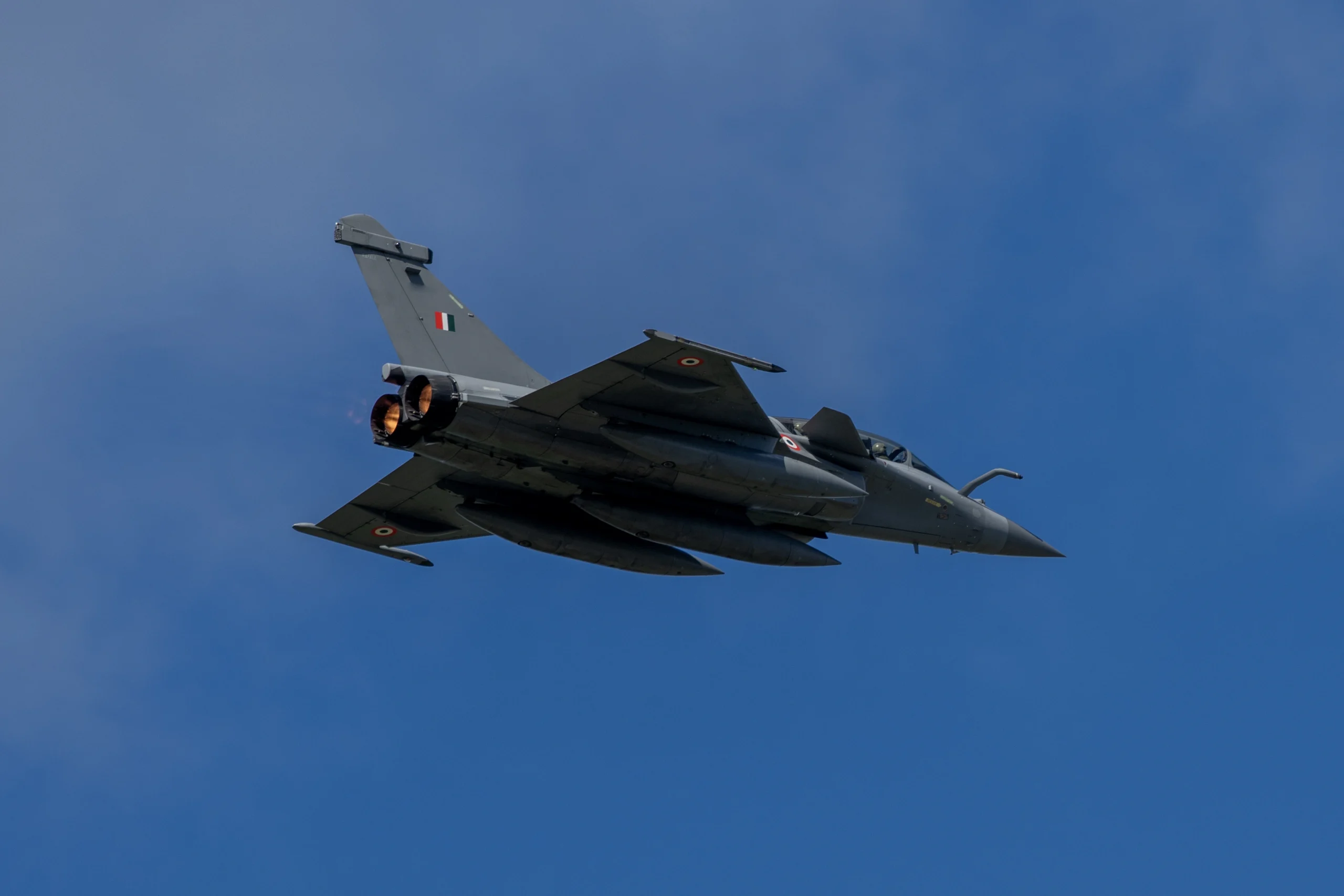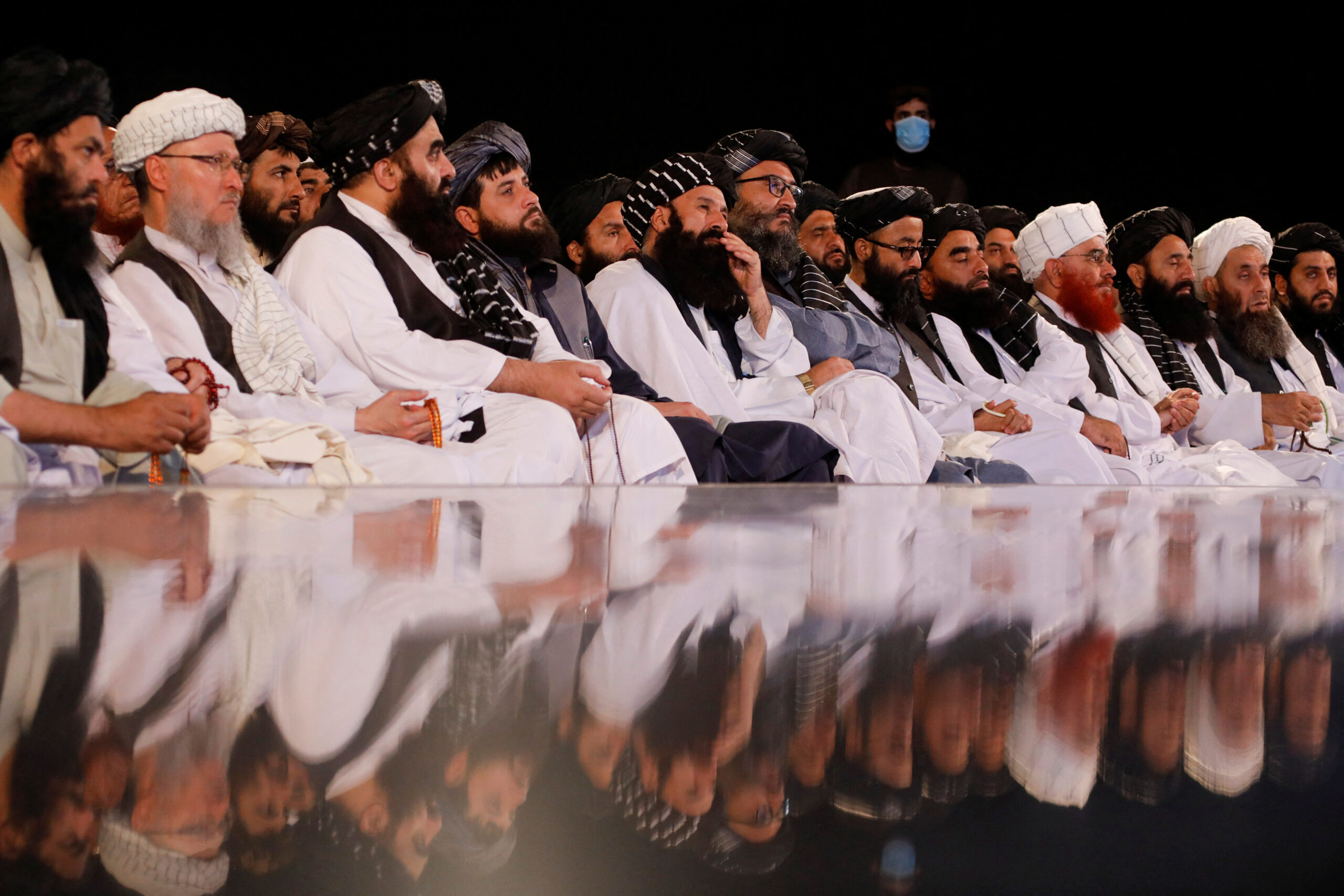The Trump administration has called on the Pentagon to provide military options to ensure the country has full access to the Panama canal, two US officials told Reuters on Thursday.
Donald Trump has said repeatedly he wants to “take back” the Panama canal, which is located at the narrowest part of the isthmus between North and South America and is considered one of the world’s most strategically important waterways, but he has not offered specifics about how he would do so, or if military action might be required.
One US official, who spoke on the condition of anonymity, said a document, described as interim national security guidance by the new administration, asked the military to look at options to ensure “unfettered” access to the Panama canal.
A second official said the US military had a wide array of potential options to guarantee access, including ensuring a close partnership with Panama’s military.
The Pentagon last published a national defense strategy in 2022, laying out the priorities for the military. An interim document sets out broad policy guidance, much like Trump’s executive orders and public remarks, before a more considered policy document like a formal NDS.
The Pentagon did not immediately respond to a request for comment.
Also See: Hong Kong Billionaire to Sell Panama Canal Ports To US Firm After Trump Threats
The interim document was first reported by CNN. NBC News earlier on Thursday reported that the White House had ordered the Pentagon to create options for the Panama canal.
Trump has asserted that the US needs to “take back” the canal, arguing, without evidence, that China controls it and could use the waterway to undermine American interests. In his inaugural speech in January, Trump accused Panama of breaking a promise for the final transfer of the canal in 1999.
Ilya Espino de Marotta, the canal’s deputy administrator, told the Guardian in January: “The canal is run by Panamanians 100%. We are an autonomous entity. …
“There is no Chinese management of the canal.”
Any move by a foreign power to take the canal by force would almost certainly violate international law.
The US and Panama are treaty-bound to defend the canal against any threat to its neutrality and are permitted to take unilateral action to do so.
The US acquired the rights to build and operate the canal in the early 20th century. In a treaty signed in 1979, during the administration of Jimmy Carter, the US agreed to turn over control of the canal to Panama at the close of 1999.
This news is sourced from The Guardian and is intended for informational purposes only.

![Trump administration considers military options for ensuring US access to the Panama Canal amid strategic concerns. [Image via EPA]](https://southasiatimes.org/wp-content/uploads/2025/03/3440.webp)




